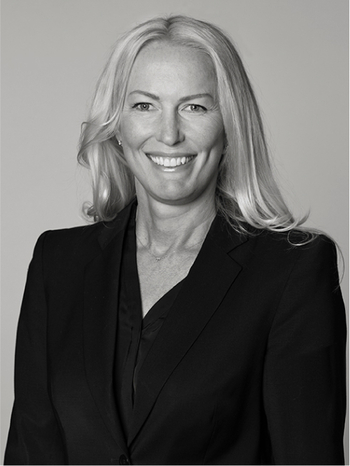Estrid Ericson
a pewter dish, model "A 45", Firma Svenskt Tenn, Stockholm, 1925.
Form after a Dutch Baroque faience model, marked with the angel mark, Stockholm y7. Diameter 24.5 cm, height 3.5 cm.
Exhibitions
The model was exhibited at the World Exhibition in Paris in 1925.
The model was exhibited at the "Bygge och bo" exhibition at Liljevalchs, Stockholm in 1925.
Literature
Anita L. du Rietz, "Skönhet till vardags - Estrid Ericson och Svenskt Tenn", Lorensvik Förlag 2018, p. 32, cf. "fruit dish" exhibited at the Paris World 's Fair in 1925.
Hedvig Hedqvist, "Estrid Ericson - en biografi", Norstedts 2023, see the model depicted among the earliest products from Svenskt Tenn, p. 52.
More information
The model designed by Estrid Ericson for Svenskt Tenn in 1924.
Designer
Interior architect and designer Estrid Ericson founded, together with Nils Fougstedt, the company Firma Svenskt Tenn in 1924. Initially, they designed innovative pewter objects and employed designers such as Björn Trägårdh, Uno Åhrén, Anna Petrus, and Tyra Lundgren. In 1927, Svenskt Tenn moved to Strandvägen in Stockholm, expanding its business to homewares, furniture, and textiles. During the first years, Åhrén and Trägårdh designed the furniture at Firma Svenskt Tenn. Still, this era ended when Estrid began her successful collaboration with Austrian architect Josef Frank in the early 1930s. Estrid Ericson had a unique position within interior design and drew inspiration from her many trips abroad.
Read more





































